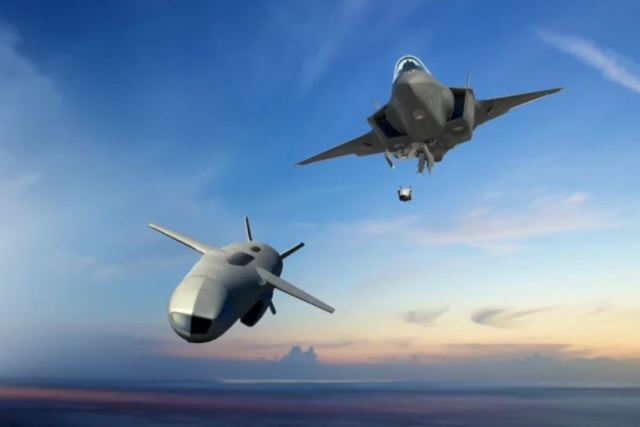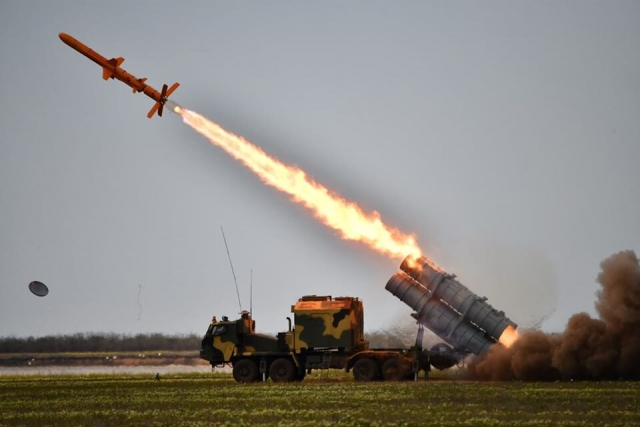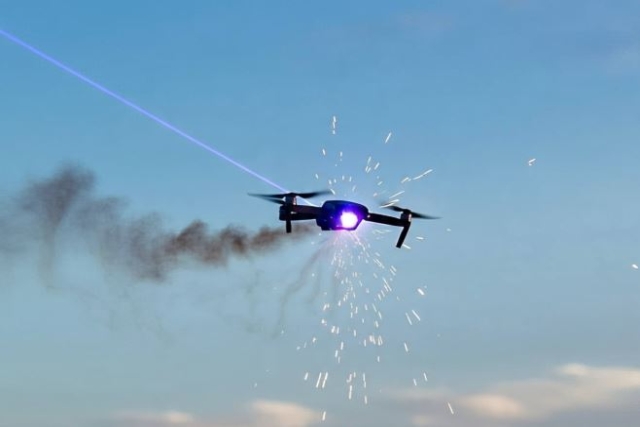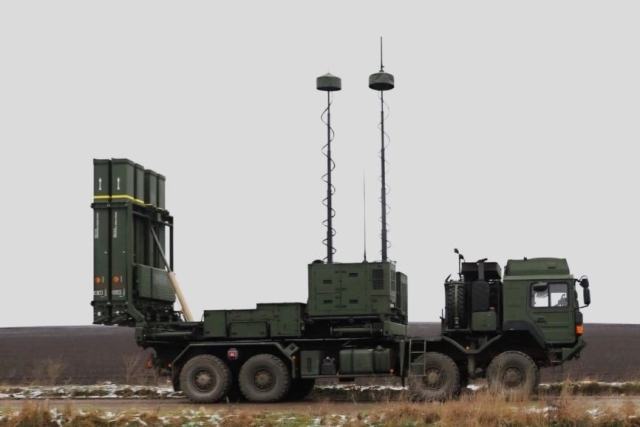Germany Clears €1.8B for F-35 Missiles, Eurofighter Radar, Aircraft Protection
New funding to enhance radar, missile, and self-defense systems across German aircraft

The Budget Committee of the German Bundestag has approved a series of defense procurements for the Air Force, including cruise missiles for the F-35A, self-protection systems for Bundeswehr aircraft, and a radar upgrade for the Eurofighter.
Germany will procure Joint Strike Missiles (JSM) for its F-35A fighters in cooperation with Norway. The purchase, valued at approximately €677 million, will be funded through a combination of the Bundeswehr’s special fund and the regular defense budget. The JSM is a long-range, precision-guided air-to-ground and anti-ship missile designed for standoff attacks.
Equipped with infrared seekers and terrain-hugging flight capabilities, the JSM is capable of evading radar while identifying and striking targets autonomously. The F-35A, set to take over Germany’s nuclear sharing role from the aging Tornado fleet, will also use the missile to support ground forces and suppress enemy defenses.
The committee also approved funding for the development of a new radar operating concept and sensor management system for the Eurofighter. The project, coordinated through the NATO Eurofighter and Tornado Management Agency (NETMA), is valued at around €183 million for Germany, Spain, Italy, and the U.K., with Germany contributing just under €60 million.
The development aims to give Eurofighter pilots the ability to fully exploit radar performance while reducing cockpit workload. The improvements will support both air-to-air and air-to-ground missions and enhance the aircraft’s long-term viability as a key component of NATO and German defense.
On June 5, Germany signed a contract for the serial installation of Directed Infrared Countermeasures (DIRCM) systems on its A400M transport aircraft. The investment, worth nearly €760 million, will be covered by both the special fund and the regular budget.
These systems will strengthen the A400M’s defenses against modern infrared-guided missiles, enhancing survivability in contested environments. The installations are expected to be completed over the coming years.
The Bundeswehr is also set to conclude a framework agreement worth up to €282 million for the procurement of airborne decoys. These systems are designed to mislead radar- and infrared-guided missiles by simulating engine heat signatures or radar returns, effectively drawing incoming threats away from the aircraft.
The decoys will be deployable across various German military aircraft platforms, improving self-defense capabilities during both domestic and alliance missions.













